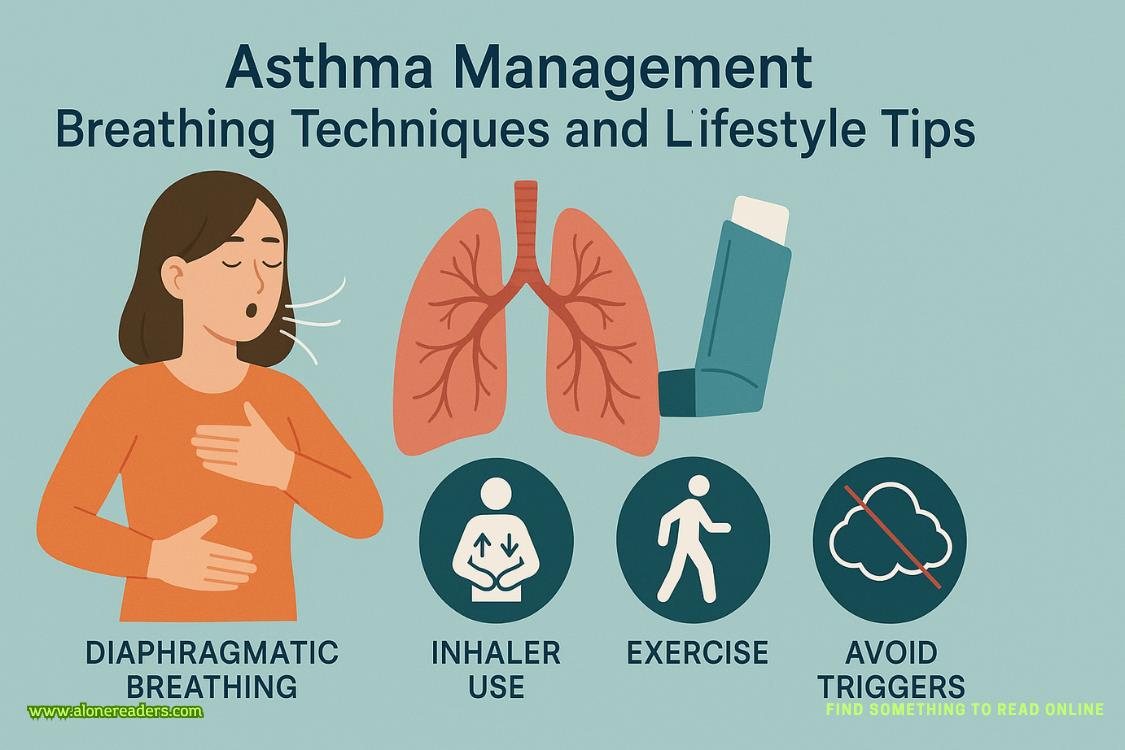I sat beside him, leaving space between us.
A woman’s voice spoke without warning, low and clipped, rising from the darkness behind the wall.
“You are late.”
I flinched, ever so slightly. Thomas didn’t.
“Traffic,” Thomas said, keeping his tone even.
The voice, its accent thicker than a German beer and with all its bitterness, ignored the quip. “Did you lose them? Are you clean?”
“As well as anyone could,” Thomas replied.
“That isnotgood enough,” the woman snapped. Her voice carried an edge, sharp and unyielding. “If you cannot lose a tail properly, you are of no use.”
Thomas bristled. “We’re here. What do you have for us? And what do we call you?”
“I do not tolerate sloppiness. Not in this game,” she said, then paused. “You may call me Visla.”
Thomas opened his mouth, probably to jab back at our unseen contact, but I shot him a glance and shook my head. This wasn’t the time to test our only ally’s patience.
“Why are we here?” I asked.
Visla’s tone remained cold and businesslike. “Because Berlin is a chessboard, and the Soviets are moving pieces faster than we anticipated. Something has changed—or happened—or is about to happen. We are not sure. We need to know their plans.”
The sounds of the park filled my ears as she drew in a long breath before continuing.
“Tomorrow, you will visit the Reichsbank in Mitte, what is left of it. The Soviets have cordoned it off under the guise of recoveryoperations, but it is more than just rubble. Something there has their attention, and it is no coincidence their activity has ramped up since securing the site.”
Thomas frowned, his tone skeptical. “The Reichsbank? Do they think Hitler stashed his diary there?”
“They are searching for something,” Visla replied, ignoring his sarcasm. “Whether it is documents, gold, or something else, we are unsure. We care aboutwhythey want it. You will blend in with your cover. Antonov will escort you. Play the part and keep your ears open.”
“And if we find something they’re trying to hide?” I asked.
“You report back to me,” she said sharply. “Donotact on your own. Donotmake yourself a target. Donotbreak cover. Gather information and report. That is all.”
The wind shifted, offering a moment’s relief from the heat. Thomas asked, “Anything else we should know?”
“Watch Antonov,” Visla repeated. “He is a loyal Soviet, but that does not mean he is predictable. He is as much a piece on this board as you are. He may not know all the moves being made around him.”
“What’s his story?” I asked. “He’s about as tight lipped as a virgin in Catholic school.”
Thomas fought a sudden surge of laughter. Visla didn’t react. If she owned a sense of humor, she’d left it locked safely in her cave or wherever she crawled back to when not meeting agents in the field.
“His father was a high-ranking officer in the engineering corps of the Soviet army. His mother was a ballerina. She died when he was a teenager. He grew up an only child with a mostly absent father who suckled on the teat of the Soviet state. He was sent to the best boarding schools, raised by teachers and fellow students. Thanks to his intelligence and aptitude, he earned his place at Lomonosov Moscow State University.”
“MSU?Theuniversity? The one the Polit bureau’s kids attend?”
“Yes, the only one that matters, outside of specialized schools.” She paused a moment, as if considering how much to tell us. “He only attended MSU one year before transferring to the Special Purpose School.”
“Shit,” Thomas said.
“What’s that?” I asked.
Thomas opened his mouth to respond, but Visla beat him to it. “The formal name is the Training School of the Main Directorate of State Security. It is the training facility for the NKVD.”
“Okay. I’m drowning here. Why does that sound bad?” I asked.















